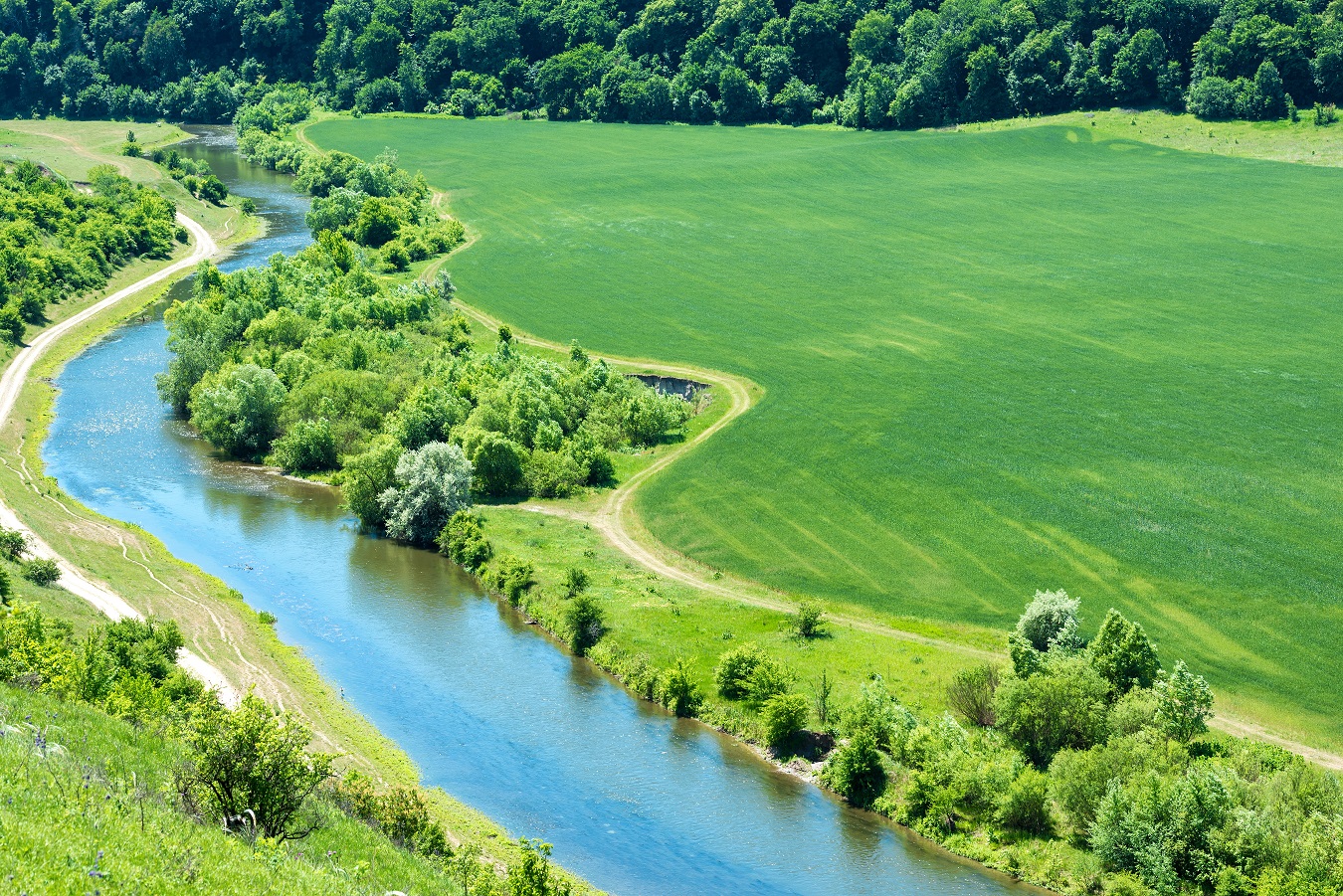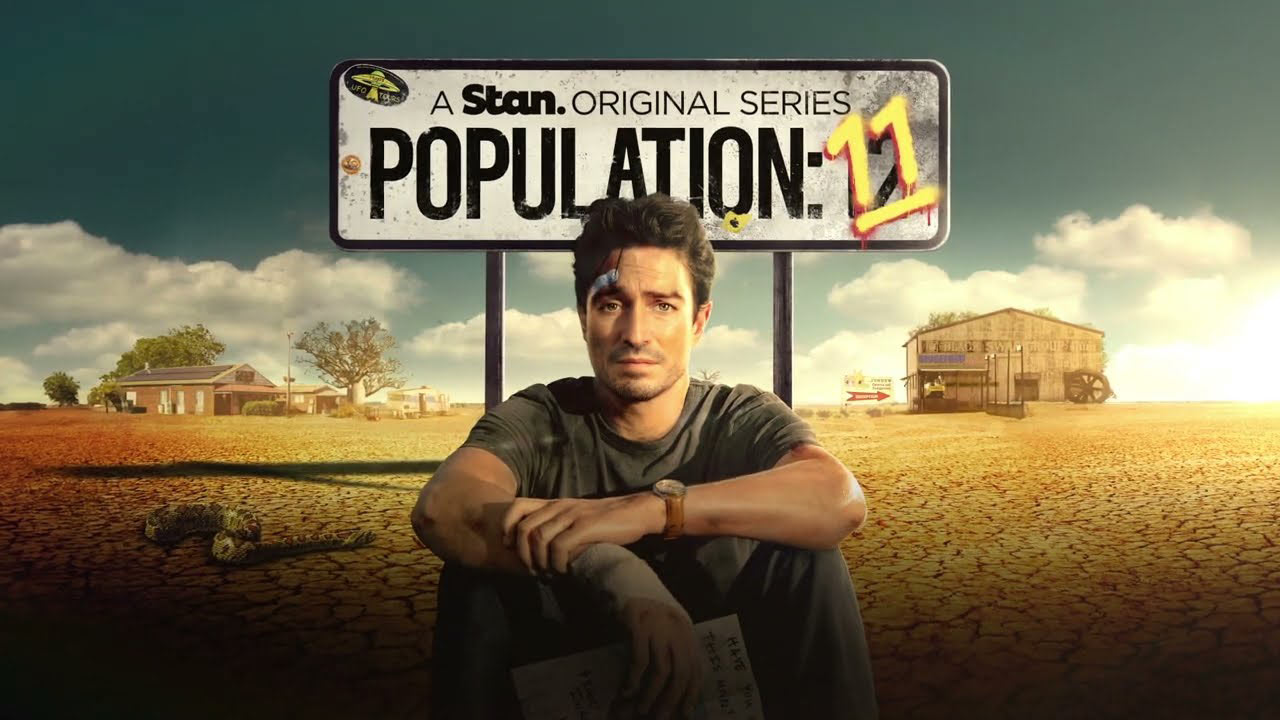Subscribe
The Victorian Government’s proposal to allow camping on riverbanks will potentially create impossible challenges for livestock farmers
With proposed changes to Victorian watercourse regulations, the Victorian Government is making good on its 2018 election promise to allow campsites on Crown land on river frontages. However, even the most superficial analysis reveals problems. The proposal poses environmental, biosecurity, legal and financial risks for some of the State’s most important primary producers.
What are the proposed changes to Victorian watercourse regulations?
The Land Regulations are overseen by the Department of Environment, Land, Water and Planning (DELWP). The Victorian Government’s proposed amendments to the Land Regulations are known as the Proposed Regulated Watercourse Land Regulations.
Once signed off by the Minister, the proposed amendments will allow members of the public to:
- Camp on Crown riverfront land
- Access that land via private farming properties (across Crown-owned tracks)
- Stay for up to 28 days at a time
- Set-up camp 100 metres or more away from any housing
Issues arise because many Victorian livestock farmers have licence arrangements with the Crown to use the waterfront land for livestock grazing. The potential for people to camp on livestock grazing areas has fuelled significant concern in some of Victoria’s farming communities.
What are the potential problems raised by the proposed changes to the Victorian watercourse regulations?
Farmers are concerned that public camping will undermine their licence arrangements, creating a disproportionate and unfair burden. Commonly, the licence terms require them to manage and preserve the land by:
- Keeping it free of pests and weeds
- Fixing any issues as directed by the Government
- Undertaking fire protection works
- Keeping rubbish to a minimum
- Paying rates and taxes
- Building fences at their own cost, as directed by the Government
Farmers may also be required to compensate the Government for any damage to property, injury, death, pollution, or contamination, among other things.
Because the proposed regulations don’t adequately deal with these liabilities, there’s a risk that farmers will be left to hold the can if, for example, campers leave a fire burning and it gets out of control, they leave their rubbish behind, or the Government requires them to fence off a camping area.
Other potential issues surrounding biosecurity, environment, liability, and finance will potentially cause irreversible loss or damage. For example:
- Due to the lack of proposed monitoring of campers and their activities, it will be challenging to identify and prosecute campers who break the rules or cause damage
- Campfires pose bushfire risks, especially in remote parts of Victoria
- There is a significant risk of water contamination and the spread of disease, especially with human waste (for example, cattle measles, noting that any disease outbreaks due to camper contamination could spread through the farming community and damage a farmer’s reputation)
- Dogs and cars may impact plants and wildlife and increase the risk of soil erosion
- Livestock may cause damage to people and their pets. For example, a calving mother may charge at campers to protect her young
- Dogs, broken glass, litter and holes dug by campers may cause injury to livestock
- Farmers’ insurance premiums may escalate due to the increased risk to land, livestock and the possibility that campers may injure themselves if on private property
What amendments are proposed to address the potential problems?
We’ve consulted with livestock farmers and lobbied the Government to change the proposed watercourse regulations to include the following:
- Vehicles and dogs should not be allowed to enter the campsite areas
- Camping should not be permitted near grazing areas or where livestock are kept
- Campers should be required to use a phone app to log details of their stay
- The maximum period of any stay should be seven days (instead of 28 days)
- Camping should not be allowed within 500 metres of any homes
- Campers should be required to apply for and carry a camping licence. Licences should not be issued until campers have completed mandatory training, especially to identify contamination risks and biosecurity issues
- Appropriate campgrounds should be designated, regularly reviewed by the Government and rotated every five years. Those campgrounds should include campfire areas, rubbish bins, drinking water, toilets and phone reception.
- Camping areas should have mobile phone reception
- Camping areas should be signed and fenced
- Farmers should be permitted to use signs to indicate private boundaries and biosecurity protocols
- Campers must not carry guns
The online submission period closed on 26 April 2021. The Government is currently considering the submissions with a view to finalising the regulations. It anticipates that the final regulations will commence on 1 September 2021.
The final word
There are significant potential risks to farmers, livestock and the environment if the proposed Victorian watercourse regulations are passed in their current state. The basic premise of the proposed regulations is to help Victorians spend more time outdoors and allow more public use of Crown land. But these issues require careful consideration to ensure farmers aren’t unfairly burdened, and the agribusiness sector does not suffer.
If you wish to discuss further, or if you need help developing your farm risk policy, please contact our Property Principal Andrew Power in our Melbourne office, or contact one of our offices in Benalla, Mornington or Williamstown.
DISCLAIMER: We accept no responsibility for any action taken after reading this article. It is intended as a guide only and is not a substitute for the expert legal advice you can receive from marshalls+dent+wilmoth and other relevant experts.
Subscribe




